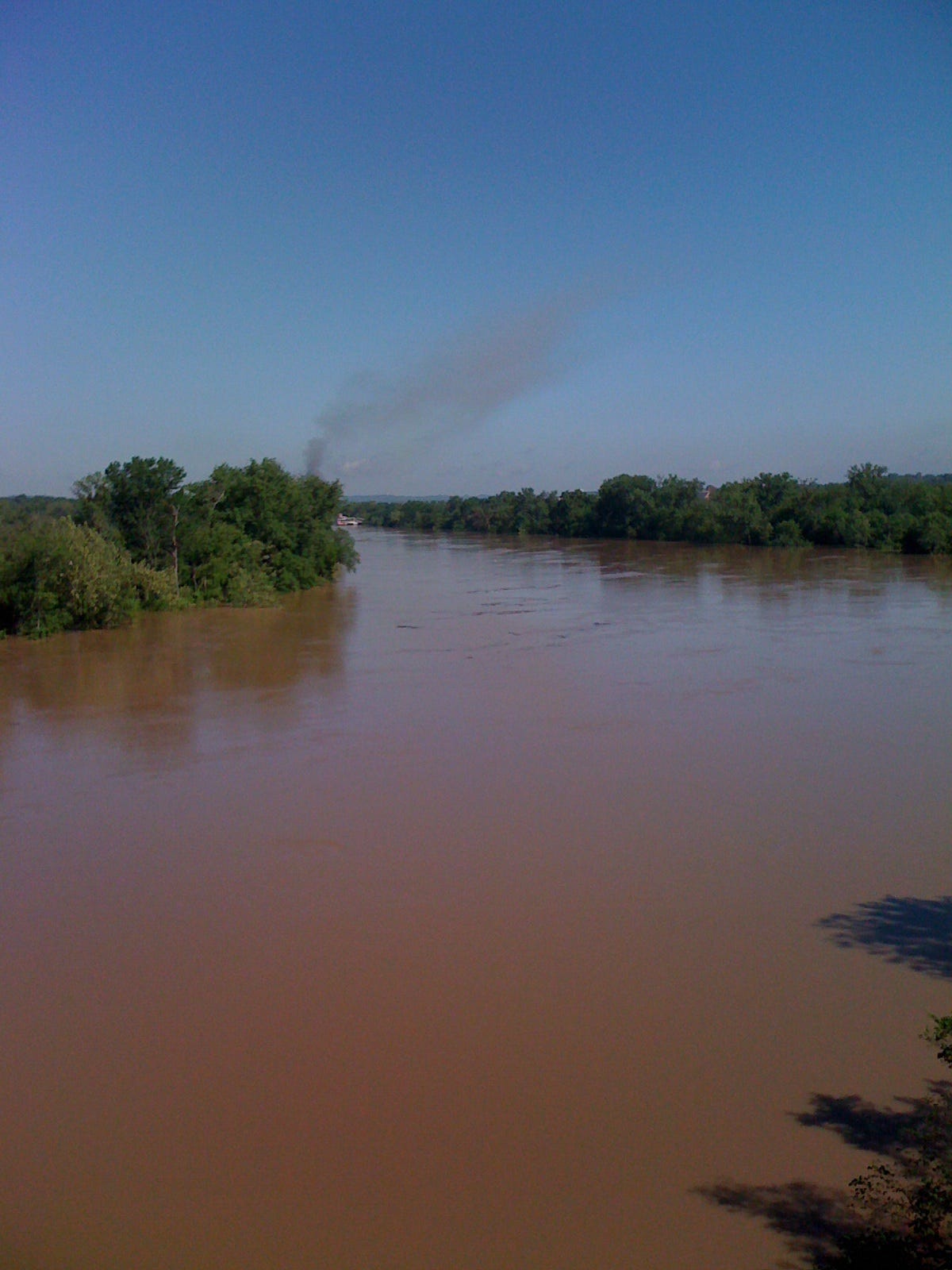Tyranny of Theodicies
Theodicy is the branch of theology that seeks to explain the existence of evil or tragedy in light of the existence of God. The idea of theodicies contain the following ideas:
A vindication of God’s goodness and justice in the face of the existence of evil.
A vindication of the justice of God in ordaining or permitting natural and moral evil.
In their attempt to defend or excuse God, theodicies are themselves evil. This is especially true when theodicies are aimed at suffering human beings in an attempt to short circuit the normal reaction to suffering, tragedy, and disaster. Theodicies, while they tap into scripture, ignore the overwhelming example of how human beings have reacted and spoken to God when faced with disaster and suffering.
This is not an exhaustive critique of theodicies, but I would like to look at better ways to engage and speak of God when we are in the midst of suffering. Diane Leclerc and Brent Peterson deal with the theological implications of considering the sinned against in their excellent book The Back Side of the Cross. They make clear that the book is not a theodicy and they view theodicies with the suspicion theodicies deserve. They also explain the point of theodicies, “Theodicies often deconstruct, or at least redefine, God’s power or God’s goodness, or give reasons why suffering is somehow beneficial for humanity, either individually or as a whole, either in the present or in the future. Again, their goal is to defend God, to get God off the hook through theoretical gymnastics.” (p 29)
The Psalms are chock full of examples of human beings crying out to God in lament, accusation, and even condemnation. God is accused of being aloof and distant within the Psalms. Theodicies and toxic theology reframes those accusations as something other than what they clearly display. Human beings in the midst of suffering cry out and ask why of God. This is normal and obviously something God can handle. To claim that God cannot hear our pleas or that our pleas are sin is an onerous thought. But that sentiment gets thrown around any time a disaster hits, or even when one becomes ill.
It is bad enough that we get inundated by conspiracy theories and falsities around disasters in our current culture. But we compound that by ascribing the disaster to God (or at least to God’s will being made known). We have heard it with Helene and I imagine we will hear the same with the aftermath of Milton. I will be crystal clear on something.
God does not bring the storms God does not bring the cancer God does not bring the pain, the abuse, the harm.
It is not God’s will that a hurricane or other natural disaster destroys lives. Statements like “God is using this to teach us” or “we can never know why God brought this” are not statements about the God of the Bible. Rather, they are statements about the god of Empire whose character is that of control and power. The God of the Bible is a very different God as revealed in Jesus.
Even saying God is in the suffering, while a good thing and an apt way to speak of God. falls a bit short. Instead God IS suffering when disaster strikes. God IS feeling the pain of grief, cancer, abuse, or war. The God who went to the cross selflessly is a God who is suffering when we suffer. The God of scripture is not the god of what Leclerc and Peterson term “religious sadomasochism.” They go on to state “With fear and trembling, we boldly acknowledge that finding an answer to the problem of evil—or put differently, protecting God’s innocence—is not the goal of this project. (We may even be bold enough to suggest that it is not a helpful goal in any context, theological, existential, or otherwise.)” (p 36) Life is way to complex for theodicies to answer the why. While we can argue over solutions to the why, it may just be helpful to know that we can cry out with the why.
If we recognize that God suffers with us, we can get over our impulse to justify or excuse God and get on with the task of helping God make things right. As Aaron Simmons mentions in a paid Music Mondays essay, “I tell my students that philosophy is fundamentally a matter of learning that you’re going to be okay, even when things are not. That’s the rainbow in the sky - that rain does give way to sunny days. But, those sunny days are when we do the work of clearing the mud from the stores, clear the trails, care for the sick, and model what it means to be human.” Rain and Rainbows Aaron applies this to philosophy, but it is just as applicable to practical faith.
When suffering inevitably comes, we can look to God as one who knows that suffering rather than the origination of the suffering. Theodicies place God outside of human suffering and as disconnected. Theodicies also place God outside the suffering of creation. Scripture shows us that God is there with us in our suffering. Scripture shows us, through the cross, that God experiences our suffering. When disaster strikes and people ask “where is God”? I pray that they recognize God in the eyes of those working to aid and make things right. I pray they see God in us.
Leclerc, Diane, and Brent Peterson. Back Side of the Cross: An Atonement Theology for the Abused and Abandoned. Cascade Books, 2022.



